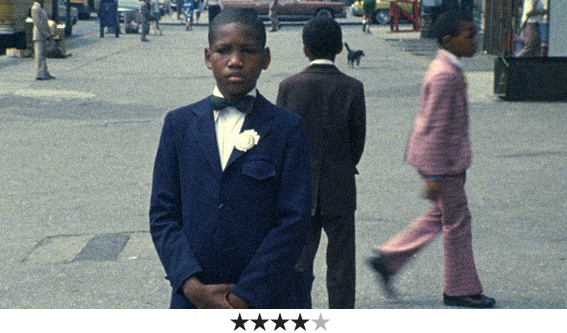Review: The Black Power Mixtape

Fuelled by archival footage found lying in the cellar of Swedish Television, this documentary tracks the Black Power Movement in the African-American community of the United States from 1967 to 1975. Read more.
Part way through The Black Power Mixtape, I realized why it had that last word in the title. The film charts the course of the African-American Civil Rights Movement from 1967 to 1975, and consists of footage of the era combined with present day voiceovers, divided into a chapter for each year and forming the titular mixtape.
Director Goran Olsson assembled the bulk of the movie from footage shot for Swedish television and left in a basement for nearly 40 years. It’s remarkable, showing candid moments from revolutionaries Angela Davis and Stokely Carmichael as well as powerful images of poverty and heroin abuse.
That these scenes are presented with an even, distinctly European tone throws a harsh light on the depth of injustice and human suffering occurring. As the years progress, the narrative of the film becomes about how subsequent generations deal with oppression, growing more desperate with each passing year. Interviewees throughout suggest that the government was responsible for introducing drugs into the ghetto, and for the deaths of black civil rights proponents Martin Luther King and John F. Kennedy.
Providing voiceover interviews are contemporary musicians such as Erykah Badu and Talib Kweli (who nonchalantly tells an anecdote about the Feds tapping his phone). Their contributions are pleasant enough, but hardly essential. I guess the idea was to contextualise the events presented through a modern lens, but insights from historian Robin Kelley end up being more pertinent to this sad story.
















